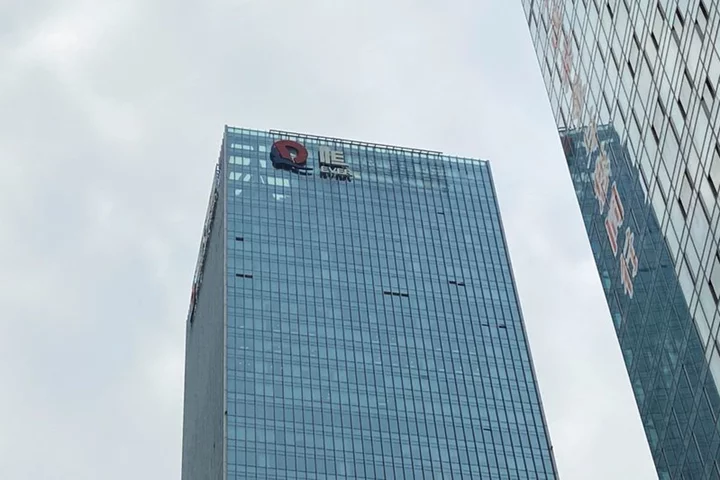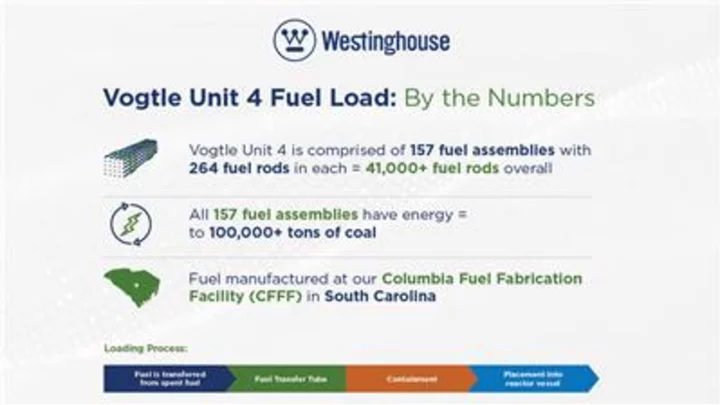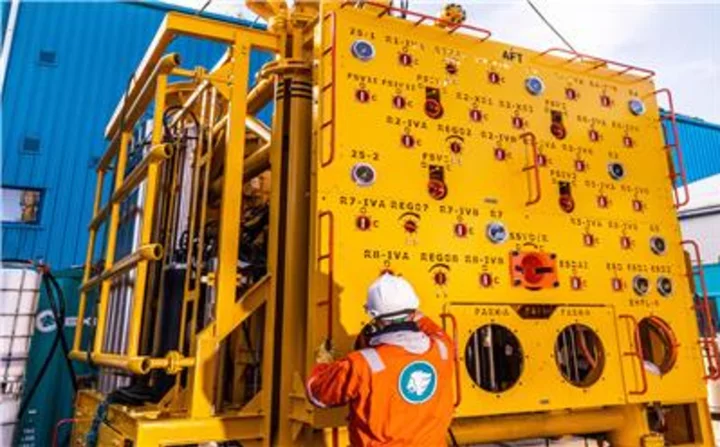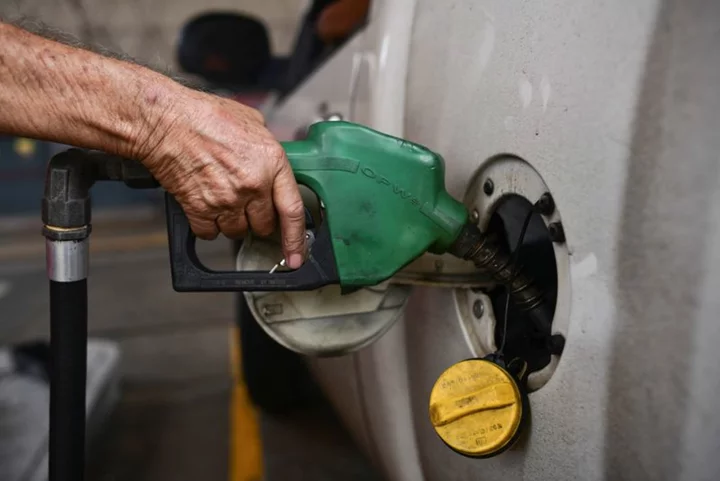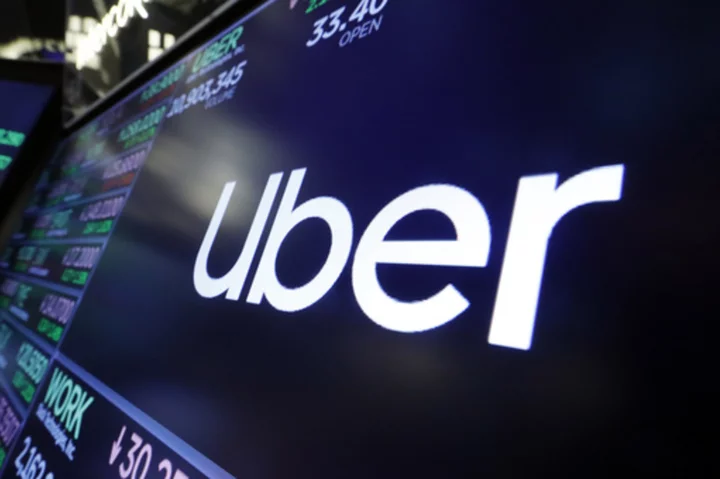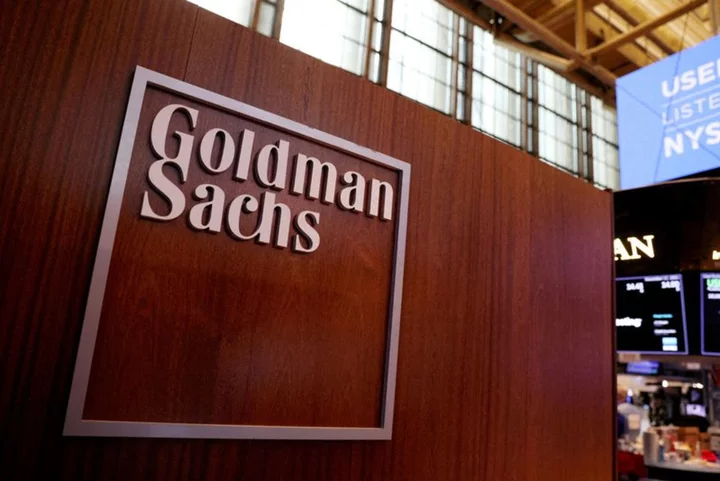By Clare Jim and Scott Murdoch
HONG KONG China Evergrande Group, the world's most indebted property developer, is seeking to avert a potentially imminent liquidation with a last-minute debt restructuring proposal, three people with direct knowledge of the matter said.
The defaulted company faces a Monday deadline to present a "concrete" revised debt restructuring proposal for offshore creditors. But the sources told Reuters that creditors were unlikely to accept Evergrande's new proposal given low recovery prospects and growing concerns about the developer's future.
WHAT HAPPENS IF THE COURT ORDERS EVERGRANDE LIQUIDATED?
If a liquidation order is issued, a provisional liquidator and then an official liquidator will be appointed to take control and prepare to sell the developer's assets to repay its debts.
The liquidators could propose a new debt restructuring plan to creditors if they determine the company had enough assets or if a white knight investor appeared. They would also investigate the company's affairs and could refer any suspected misconduct by directors to Hong Kong prosecutors.
Evergrande could appeal a liquidation order, but the liquidation process would proceed pending appeal.
It is unclear if Evergrande shares would be suspended from trading after a liquidation order, but listing rules require a company to demonstrate a business structure with sufficient operations and asset values.
China Oceanwide Holdings suspended its shares in September after a Bermuda Court issued a liquidation order.
HOW MUCH DEBT CAN CREDITORS RECOVER AND WHAT ARE THE MAIN CHALLENGES?
Evergrande cited a Deloitte analysis during a Hong Kong court hearing in July that estimated a recovery rate from a restructuring it was then proposing of about 22.5%, compared with 3.4% if the developer were liquidated.
However, after Evergrande said in September its flagship unit and its chairman Hui Ka Yan were being investigated by the authorities for unspecified "illegal crimes", creditors now expect a recovery rate of less than 3%.
Evergrande's main offshore assets are its two listed units in Hong Kong - Evergrande Property Services Group and Evergrande New Energy Vehicle Group - as most of its other assets have been sold or seized by creditors.
A liquidator could sell Evergrande's holdings in the two units, although it might be difficult to find buyers.
After a liquidation, the liquidator could take control of Evergrande's subsidiaries in mainland China by replacing their legal representatives, a process that could take months or years.
Insolvency experts said it would be a challenge for the liquidator to change the representatives as Guangzhou, where Evergrande is based, is not one of the three Chinese cities that mutually recognise liquidation orders with Hong Kong.
Even if a liquidator were to take possession of the units that have onshore projects, many of these have already been taken over by creditors, have little value left or are even in negative equity because of falling property prices.
So far over 53 billion yuan ($7.2 billion) of Evergrande's assets have been seized or frozen across China, local media have reported, citing court records.
HOW SIGNIFICANT WOULD LIQUIDATION BE FOR CHINA'S PROPERTY MARKET?
While a winding-up of the developer with $240 billion of assets would send shockwaves through already fragile capital markets, experts said it would not offer a blueprint on how liquidation might unfold for other embattled developers.
Given the sheer size of Evergrande's projects and debt, the process would involve many authorities and political considerations.
Completing ongoing home construction projects will be a top priority for the company and the sector, even though a liquidation of the property giant could make homebuyers wary of developments by private companies.
($1 = 7.3170 Chinese yuan renminbi)
(Reporting by Clare Jim in Hong Kong and Scott Murdoch in Sydney; Editing by Sumeet Chatterjee, Lincoln Feast and William Mallard)

